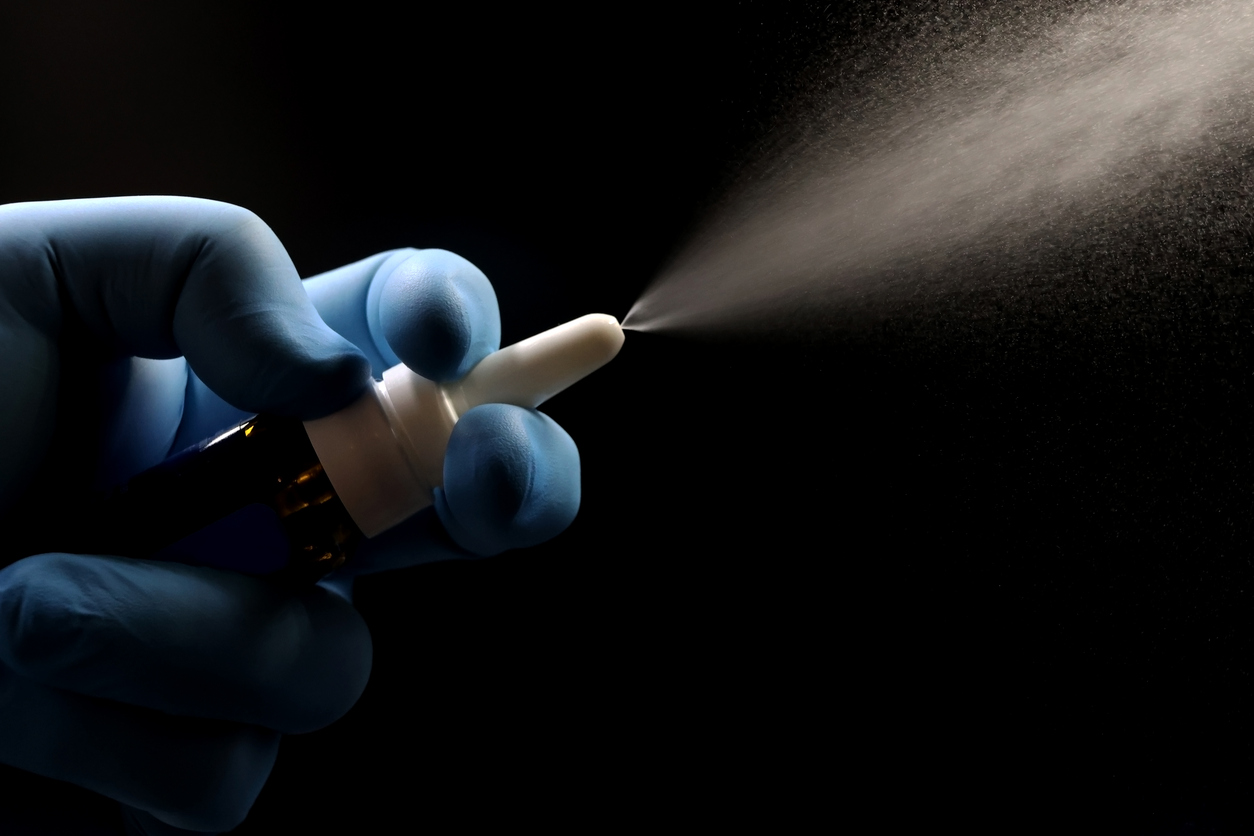Premenstrual syndrome (PMS) is estimated to be experienced by 20-40% of women of reproductive age. Its cyclic symptoms include mood alterations, digestive disturbances, weight gain and water retention, breast pain, backache, fatigue, sleep problems, and food cravings.
It’s known that the birth control pill, in addition to providing contraception, can sometimes help reduce symptoms of PMS by curbing natural female hormone fluctuations.
The oral contraceptive Yaz was approved in 2006 as a treatment for premenstrual dysphoric disorder (PMDD), a more severe form of PMS. This prompted its maker, Bayer, to launch a concerted direct-to-consumer ad campaign targeting young women.
In 2008, the FDA issued a warning letter to Bayer alleging deceptive marketing of Yaz to women with PMS. Yaz had only been approved for treatment of extremely debilitating PMDD, not its more minor and common variant PMS.
And besides, the FDA noted in its communication to Bayer, the ads touting the benefits of Yaz for PMDD exaggerated study findings that suggested the pill wasn’t much better than placebo.
Around the same time, in 2001, another drug company—Eli Lilly—was experiencing headwinds as the patent protection of its blockbuster antidepressant drug Prozac was elapsing. They lobbied the FDA for a drug indication for the newly-designated condition PMDD—and voila!
The green and yellow capsule of the fluoxetine ingredient previously dubbed Prozac yielded to a more femininely-purposed pink and purple capsule, and the drug was rechristened Sarafem.
This is an example of disease-creep (sometimes referred to as disease-mongering). New medical conditions are identified where none existed before—or were recognized as normal life circumstances—when harnessed to the marketing of profitable drugs.
For ordinary birth control pills and an off-patent anti-depressant, the enshrinement of PMDD as an official medical diagnosis guaranteed a bonanza of prescribing and insurance reimbursement.
In an article entitled “Lowering the Bar: How PMDD Went from an Idea to a Diagnosis”, John Fauber, a Milwaukee Journal reporter, writes:
“The market was built on a disputed condition, inflated estimates of how many women have it, and drugs that can carry severe risks, such as suicidal thinking in the case of antidepressants.”
Clinical psychologist Paula J. Kaplan, Ph.D, author of They Say You’re Crazy: How the World’s Most Powerful Psychiatrists Decide Who’s Normal (Da Capo Press, 1996) weighs in on PMDD in an article entitled “Pathologizing Your Period”:
“Women should be wary of believing claims that high-tech research has now proven that PMDD is real. We should also advocate a national conversation—even congressional hearings—about the often hidden, devastating consequences of simply being given diagnostic labels such as PMDD. Finally, we should stop pathologizing ourselves and other women and help each other look at what’s really behind our feelings.”
Turning the tables on our paternalistic medical system she writes: “Even women who say they are moodier premenstrually rarely display anything close to the levels of irritability, anger or violence displayed by many men, yet the DSM includes no parallel with PMDD such as ‘testosterone-based aggressive disorder’.”
Fast-forward to the present and Bayer is reaping the consequences of its marketing over-reach on oral contraceptives for PMS.
More than 12,000 women have filed lawsuits claiming Bayer provided inadequate warning about the risks of blood clots caused by Yaz, and a related birth control pill, Yasmin.
These have resulted in over 200 deaths and more than 6,000 hospitalizations.
The annals of medicine are replete with examples of women being exploited with useless and harmful remedies for “female complaints”; in the 19th century, popular ladies’ nostrums were frequently laced with alcohol, cocaine and opium.
All the more the shame, because PMS is extremely amenable to natural treatments, ranging from diet to exercise to nutritional supplements, as well as modalities like acupuncture. Natural progesterone, available over-the-counter, can often counteract symptoms.
It was recently reported that alcohol consumption dramatically increases the prevalence and severity of PMS. Excess sugar and refined carbohydrates rev insulin production which in turn contributes to estrogen dominance; the resultant reactive hypoglycemia exaggerates the mood disturbances of PMS.
For more natural solutions see this article: “Ask Leyla: What can I do to help alleviate my PMS symptoms?”
See also “Is PMDD Real?” for an excellent summary of the controversies around PMDD.








